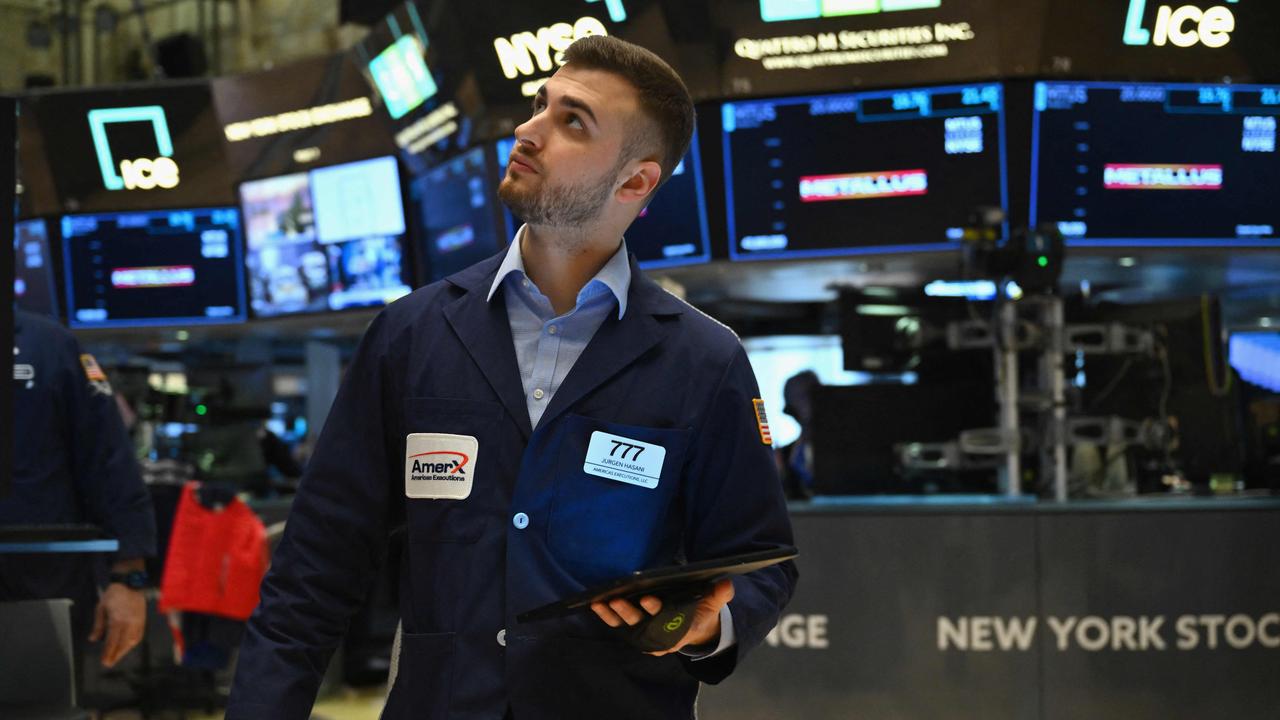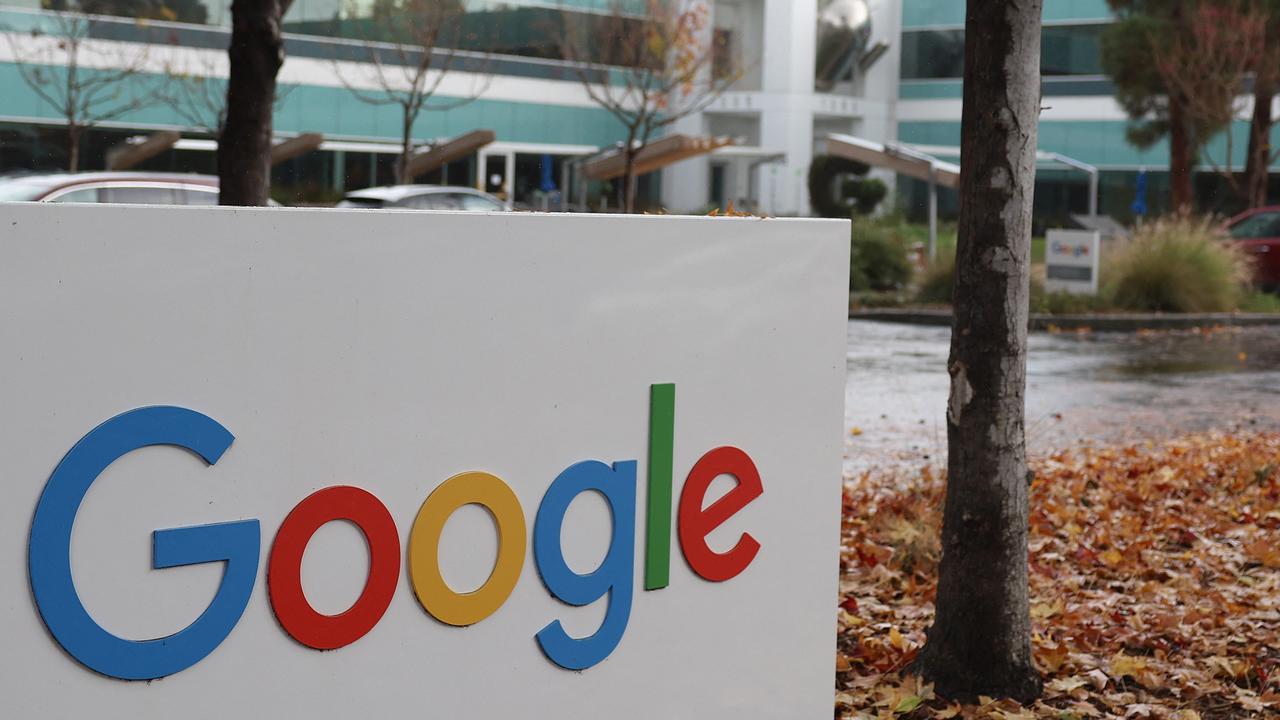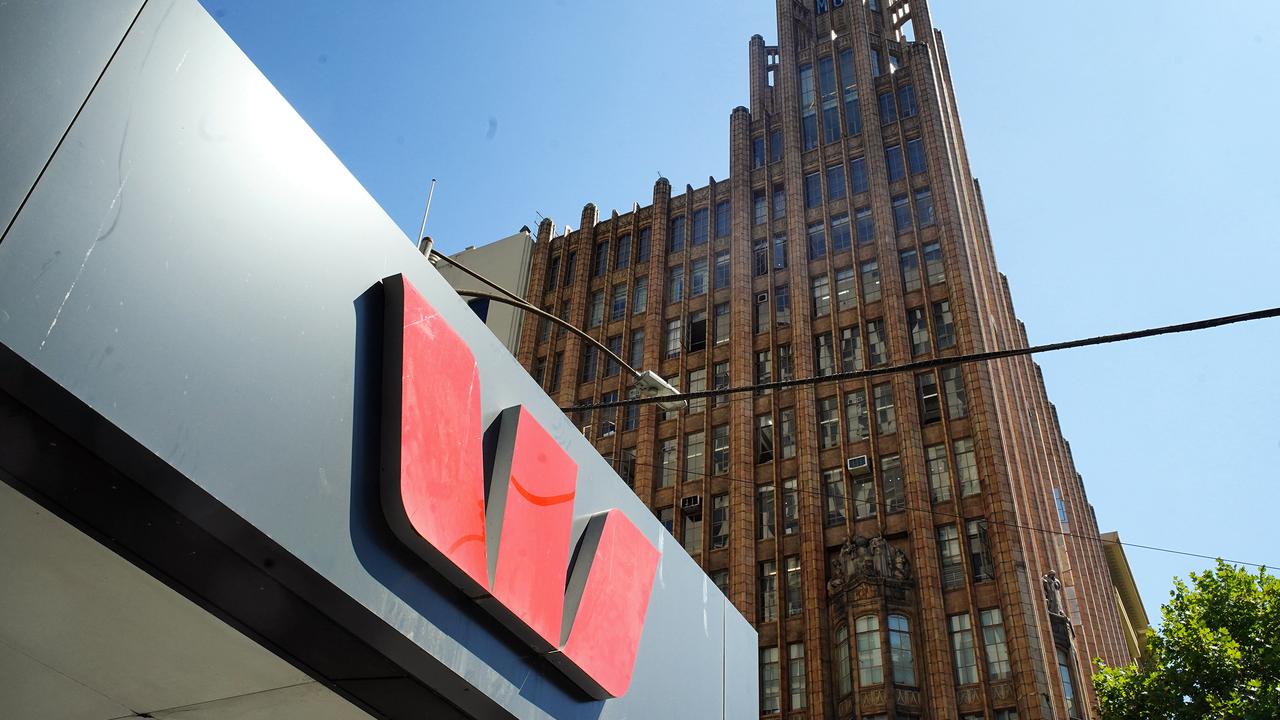Why this stock-picker is looking past the Magnificent Seven
For this New York-based Aussie fund manager there’s still some good US stocks around, even after Wall Street’s extraordinary run.

New York-based Australian fund manager Catriona Burns says even with Wall Street’s extraordinary run, there’s still some good US stocks around. But first you need to look past the stretched valuations of tech’s Magnificent Seven and into areas like infrastructure and energy.
Burns, who oversees the $900m WAM Global listed fund from her office near the Lincoln Centre, reckons the US economy is adjusting to higher interest rates. And even if the early interest rate cut story doesn’t arrive as soon as some are betting, there is still plenty of momentum.

Many investors have reassessed their former downbeat view around the strength of the US economy: both in terms jobs and consumers. Indeed, consensus is growing the US Federal Reserve will engineer a soft landing, and this is quickly helping to build confidence across markets.
“The US economy has proved very resilient,” says Burns who has just come off a round of management meetings with the US and European companies in her portfolio.
“We thought there were way too many (US) rate cuts being priced in and that wasn’t realistic. And, and for us, it’s really about jobs”. There have been no mass lay-offs outside of tech, and companies are hiring again where they sense opportunities.
The notion that interests rates have peaked, and the next move will be down – regardless when it happens – is enough for US companies to start investing again. Last week, Federal Reserve Chair Jerome Powell repeated his message to Congress that rate cuts were still likely, but was not specific about timing.
She was talking as US and Eurozone shares hit record highs over the past week, as the Federal Reserve continued to suggest that interest rates could fall. Australian shares were also lifted to fresh highs on global moves.
She says the headline growth around Wall Street has been on the boom in artificial intelligence and while the Magnificent Seven, which includes names like Amazon, Nvidia, Microsoft and Google have run hard.
“AI is real and certain companies are benefiting and that’s carried a lot of stocks of late,” Burns says, however she is tipping the next wave of US investment will be across energy infrastructure.
Already, the growing share of electric vehicles and growing number of energy-hungry AI data centres are placing enormous pressure on the grid. There’s a recognition, too, that Biden’s bumper Inflation Reduction Act spending program, while flowing into energy generation, needs to also extend into upgrading transmission and energy storage.
Burns says the US election that looks set to be a rematch between Joe Biden and Donald Trump “will be a lot of noise” for Wall Street particularly in the lead-up to the November vote. But markets will quickly look through as they adjust to whoever comes out on top. Biden’s IRA spending is benefiting a lot of traditional Republican states, so even with Trump talking about repealing parts of the program, it would be politically difficult to unwind, Burns says.

However, one point of difference is there is an expectation that if Trump wins there could be another round of a trade war with China and companies have been moving to secure up their supply chain given the prospect of tariffs being reinstated by both sides.
On the Magnificent Seven, they have all run pretty hard. Burns says investors need to pick their timing and remember they all have uniquely different business models.
Of the seven she says Google-owner Alphabet offers the best value for its growth outlook, particularly after coming off its January highs. Nvidia, which recently passed through the $US2 trillion ($3 trillion) mark, is trading on “very big assumptions” about continued demand for AI hardware over the long run. Microsoft still has growth in front of it, while Apple and EV maker Tesla are both entering a period where earnings are softening.
WAM Global targets undervalued growth companies. Some of its biggest holdings include Intercontinental Exchange, Visa, Germany’s SAP, Expedia. It also invests across tech, healthcare and financials.
Burns and her WAM Global colleague Nick Healy will update investors across Australia week on the performance of the fund as part of update, by the Wilson Asset Management family of listed funds. In the six months to end-December, WAM Global added 5.8 per cent, outperforming both the MSCI World Index and MSCI World small cap index, helped by exposure to software firm Intuit, online travel agency Expedia and exchanges CME and Intercontinental.
Westpac PwC move overdue
One of the last acts of former Westpac chairman John McFarlane was to put the bank’s external audit contract with PwC out to tender. The move, foreshadowed last November, was a significant blow given PwC and its predecessor firms had a relationship with Westpac for almost 60 years. It should have been done a long time ago.
The move came amid PwC’s massive governance failures, where a senior partner was using confidential tax rule changes to win over big tech clients. It was a staggering breach of trust against the Australian government, PwC’s biggest client.

Last November, as McFarlane was preparing to retire, he said the decision to put the $35m per year contract out to tender reflected best practice for audit firm rotation.
PwC had been told not to reapply for the Westpac job. Ideally, Westpac should have put the long-running contract up for review as part of its own reset following its $1bn-plus Austrac fine and boardroom clean-out.
Following a several-month selection process under new chairman Steven Gregg Westpac will now use KPMG for its external auditing services. This gives KPMG two of the big four banks as the lead audit contract with the firm also having a long-running relationship with ANZ.
Indeed ANZ is now the only big four bank to have an auditor relationship which stretches past last century, with it first taking on KPMG’s predecessor firm in 1969, the year of the moon landing.
Westpac’s links with PwC were a year longer at 1968. ANZ should take Westpac’s lead as part of its regular auditor independence review.
For Westpac, the switch takes place in October and finally resets the clock on the auditor tenure. It also gives a fresh set of eyes over its accounts and processes.
Commonwealth Bank has been using PwC for 16 years and National Australia Bank has used EY since 2005.
Westpac’s Gregg says: “Good governance supports the change of auditors at this time. We now look forward to working with KPMG”.

ASIC has been ramping up pressure on companies to strengthen their auditor independence, including the 5/7 rule which puts a limit on the lead auditor from having a role in the audit for more than five out of seven successive financial years.
However, there are no rules about length of time for the tenure of an audit firm. ASX-listed Lendlease is another standout firm, having links with KPMG for 66 years. Lendlease is planning to review the relationship, although this has been pushed back until the end of this year.
In the UK there’s an upper limit of 10 years for an auditor firm relationship.
For PwC the loss of Westpac represents a double blow. Big banks are trophy clients and used as a calling card to secure outside client work. The banks can also generate lucrative non-audit work from the relationship, including global work. Over the last two years related Westpac entities paid PwC around $18m in non-audit fees.
Even outside of banking PwC Australia continues to reel from the loss of business in the wake of the tax scandal. Earlier this month Super Retail Group switched its near two-decade relationship with PwC, moving to EY. Last October Iluka Resources moved from PwC to KPMG after more than three decades.
As well as CBA, it still counts Macquarie Group, Fortescue and Transurban as key clients.
CBA’s chairman Paul O’Malley last October defended his bank’s ongoing relationship with PwC, telling shareholders at the annual meeting the firm’s work has been “first class” and the audit works to the benefit of CBA. Last year CBA paid $41m to PwC.
johnstone@theaustralian.com.au
More Coverage
Originally published as Why this stock-picker is looking past the Magnificent Seven




